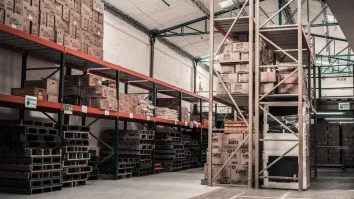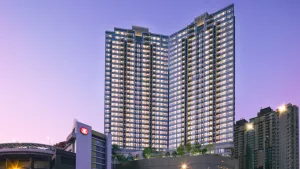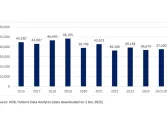
Why retail proves to be a great investment option for APAC investors
Malls are slated to experience better rental growth over offices in the region.
The APAC retail market has seen a decline in deal activity according to JLL, with only USD 3.2bn recorded in Q3 2023, the lowest since Q2 2009. Liquidity for large shopping malls remains thin in the region, except for Singapore.
“Investors still favour other asset classes over retail. Nevertheless, given their reasonable pricing and wide bid-ask spread, shopping malls are now well positioned to offer better relative value, setting the asset class up as a great contrarian bet.”
Here’s more from JLL:
Compared to offices in the region, shopping malls boast tight vacancy rates and a limited supply cycle whilst experiencing healthy same-store sales. Thus, shopping malls could deliver better rental growth over offices in many markets. High-street momentum slowed, registering only USD 1.5 bn in Q3 affected by fewer sales in JP and SG.
• Singapore: Tight vacancy at suburb and prime malls resulting in steady rental growth; portfolio reshuffling efforts among operators leading to suburban mall opportunities
• China: Liquidity depth especially for big ticket transactions diminished; leasing momentum is picking up but occupancy/rental growth trends remain lower than in other regional markets • Hong Kong: Retail sentiment moderated with inbound arrivals losing momentum due to a weak RMB, resulting in softened turnovers at high street and shopping malls
• South Korea: Sagging hypermarket and department store performance continuing, driving away institutional capital; some underperforming assets likely to be offloaded later this year
• Australia: After a two-year hiatus, a large format shopping mall trade returned to the market with opportunistic capital pulling off a sizable bargain
• Japan: Shopping mall turnovers growing at about a 10% yoy, benefiting from post pandemic momentum in international tours; investors prioritising income stable neighbourhood malls



















 Advertise
Advertise




